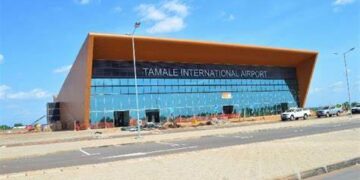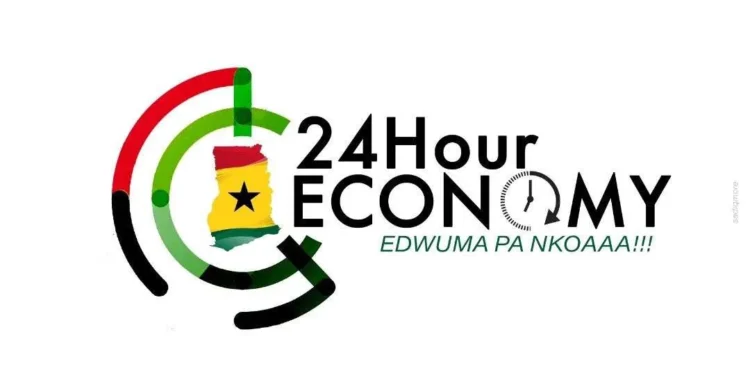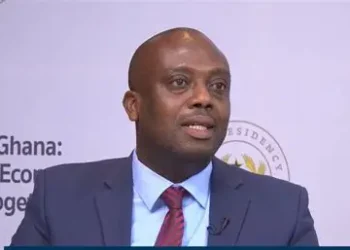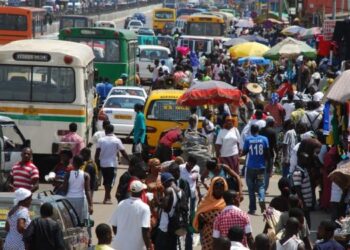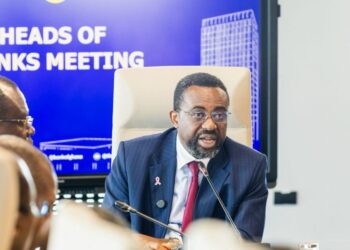Three major business associations — the Food and Beverages Association of Ghana (FABAG), the Plastic Manufacturers Association of Ghana, and the Ghana Union of Traders Association (GUTA) — have called on President John Dramani Mahama to order sweeping reforms at the Electricity Company of Ghana (ECG) within the next 30 days.
According to the groups, ECG has lost its moral and operational credibility to demand a tariff increase after years of inefficiency, corruption, and mounting commercial losses, which they say exceed 40% annually as highlighted in several Auditor-General’s reports.
Their concern follows ECG’s proposal to the Public Utilities Regulatory Commission (PURC) seeking approval for a staggering 225% rise in its Distribution Service Charge from 2025 to 2030 — a move businesses say will cripple local industries and derail the government’s 24-hour economy initiative.
Speaking at a joint press briefing in Accra, FABAG Chairman Rev. John Awuni said the call for reforms is a matter of economic survival, not politics.
“Businesses cannot keep carrying this burden because power must be affordable, reliable, efficient, before new tariffs are conceded. When we talk about energy security, it means that power must be affordable, available, and sustainable,” he stated.
“Power is the foundation cause of production. So without affordable electricity and water, industrial take-off through the 24-hour economic agenda of the NDC government will fail.”
He added that ECG’s inefficiencies and corruption are driving widespread power theft and undermining productivity.
“What is the point about food being available, yet the people cannot access the food or cannot buy the food? And that’s the point we are getting to in the issue of ECG, that the power is available, but people cannot afford that power. And that’s why there’s power theft all over, because that’s a necessity,” Rev. Awuni warned.
The associations are petitioning the President to establish a **Presidential Task Force** to lead a performance-driven reform agenda at ECG, complete with measurable benchmarks and timelines.
They argue that without urgent intervention, the proposed tariff hikes could force many businesses to shut down, increase production costs, and weaken Ghana’s industrial competitiveness.
“The whole issue of the 24-hour economy that is being sold by the current government and all that hinges on power and water. So if the power is available and industry cannot afford that power, or industry produces at a very high cost, nobody will buy,” Rev. Awuni cautioned.
He urged President Mahama to treat the issue as a national priority, insisting that Ghana’s industrial revival cannot succeed under an unreliable and inefficient power distribution system.





















